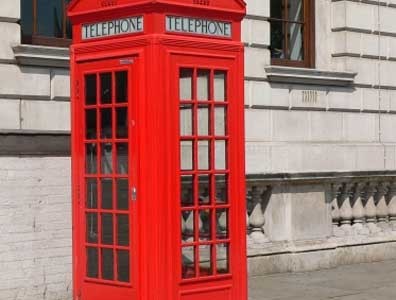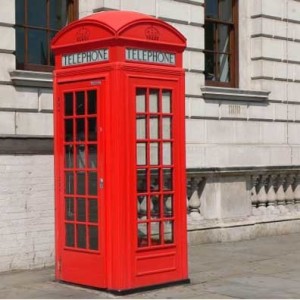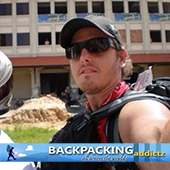Backpacking is student’s adolescent candy shop, but don’t be too excited yet. Before setting out, arrange an “emergency contact list” that the student backpacker will take wherever the destination. This will include people and institutions you would have to reach out to in case of a dire emergency. Stash a tiny notebook with these digits and you would have cut down your stress levels by 50%.
1. Family and close friends
At the top of your head, these are people you’d be sure you would like to keep connected to, as they will always be the first to help you out in situations of need. Your family especially can send over things you badly need or bug your insurance company should a circumstance arise. Also, your friends’ contacts will come in handy when your folks are out of town or reach.
2. Backpack mate’s family and close friend
When an unexpected happens to your travel mate, you better hold the information without the hassle of waking or waiting for your unconscious mate to give you her/-is details. Be sure to let the family know as they can provide extra assistance.
3. Family doctor
*Knocking on wood…should a medical misfortune arise during your travel like allergy or some other incident, by preparing your family doctor’s number, you could easily be resolved of your situation. Anyway, your family doctor knows your complicated medical history i.e. allergies, conditions, pregnancy, etc. that are vital information in giving you treatment. Most importantly, having this information will help the student backpacker mainly, particularly in cases where none of your family and friends can be reached.
4. Emergency Numbers for Police, Fire, and Medical Institutions (Ambulance)
This makes life easier for anybody. By holding emergency information such as police and ambulance of the country of your destination, acting on situations becomes less stressful and painless. For travelers to Europe, there now exists an EU-wide emergency number for police, fire, and hospitals – 112 (also the emergency number in South Africa). This should be used if and only there’s a real emergency situation. You can also find the emergency numbers in most travel books. So, write it down and add it up to your mobile phonebook before your trip for quick police, fire brigade, and ambulance response. Don’t worry about language barrier as they have an English-speaking staff.
5. Insurance Provider 24-hour Emergency Number
The 24-hour emergency number is for your peace of mind. For any incident that your policy covers, notifying them is essential especially before paying for any medical services. If the travel policy covers your valuables, report incidences of theft, loss, or damage. Note other insurance information such as company name and policy number, apart from the contact and emergency number.
6. US Embassy
For non-US residents, this means your country’s embassy contact details in the intended country of visit. This is your home away from home, your territory in another nation, and if there is one place in any country that is sure to provide you assistance and advice, it will be the friendly Embassy people.
Travelling independently is a statement of freedom and liberation. So if you’re going to do this, as a novice, best you do it right. You may not know what it’s like to be a young traveller in a German town when a modern sledging accident happens and you have no clue who to ask help from. I’d rather you don’t. Take the advice and be a smart traveller.
***
Josh Boorman
Editor-in-chief
Backpacking Addictz
Twitter: @backpackaddictz






Leave A Response